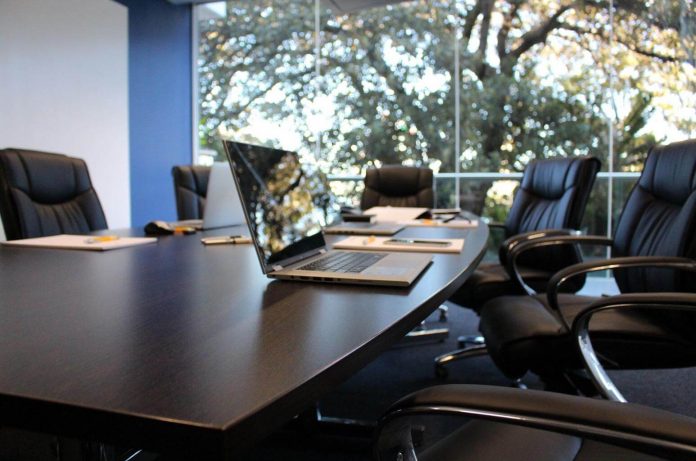By Stefanie Jackson – A valuable resource for small-business professionals and budding entrepreneurs is coming to Exmore, a town at the crossroads of Accomack and Northampton counties.
It’s called a “business incubator,” and it’s part of the Eastern Shore’s economic development plan that was written in part by the Accomack-Northampton Planning District Commission.
The project was taken on by a group called the GIG, or Gather, Innovate, and Grow.
A nonprofit, the Eastern Shore Foundation, was recently awarded a GO Virginia grant of more than $85,000 in state funding for the GIG project.
Joe Betit, of Pungoteague, is an engineer who worked for a global construction company. He became involved in the GIG after he retired around 2016.
He noticed that many of the Eastern Shore’s young adults move away after they graduate from high school because of a lack of economic opportunities, and that needs to change to insure the Shore’s future.
“We need to stop exporting our kids,” Betit said.
But to convince people to stay or come to the Shore, high-tech jobs are needed that will allow people to afford homes and other necessities.
That’s where the business incubator comes in. It will become part of an “entrepreneur ecosystem” where members of schools, businesses, churches, and the community can come together.
“That’s where the jobs come from,” Betit said.
The business incubator will be a high-tech, shared workspace, inspired by hotDesks centers in eight Maryland counties.
HotDesks was started by another nonprofit, the Eastern Shore Entrepreneurship Center, to support economic growth on the Eastern Shore of Maryland.
There will be one key difference between hotDesks in Maryland and its Virginia counterpart. In Maryland, government buildings are used, but the Exmore building is privately owned.
Ron Matthews, who is working with Kerry Kobe, Pat Coady, and Betit on the GIG project, initially purchased the property at 3292 Main Street, Exmore, for his own business.
The main attraction at the new facility might be the high-speed, broadband internet, which is still inaccessible from many homes down the necks of the Shore.
For security reasons, users must bring their own laptops to the facility, but they will have access to a printer, scanner, and fax machine, plus a 3D printer.
Betit estimates membership may cost around $100 per month. Some Shore residents pay that much just for broadband.
The monthly fee includes unlimited access to the equipment and workspace, plus an allotted number of hours of high-tech conference room use.
Paying by the day or week will also be an option.
Betit expects the facility will attract a variety of entrepreneurs and business professionals.
Some people may be mainly interested in accessing the high-speed internet and conference room with video capability.
Business owners who work from home may need a professional office space or conference room to meet clients.
Corporate travelers on vacation may need to steal away for a bit check in on their business.
Lawyers on the road may need to stop in to do some research or meet with a client.
And then there are the entrepreneurs seeking opportunities to meet and network with other entrepreneurs or tap into the expertise of retired professionals.
The Exmore business center will enter reciprocity agreements with the Maryland hotDesks centers, meaning members can use each other’s facilities.
Betit would like to see more of these high-tech business centers built until there is an entire network of them connecting every state and county along the East Coast, allowing business to flow between rural and urban areas, much like the railroad did at the turn of the last century.
Also like the railroad, Betit wants the business-incubator network to extend to Baltimore, Philadelphia, and New York City.
“We want to bring exterior dollars into our economy.”



